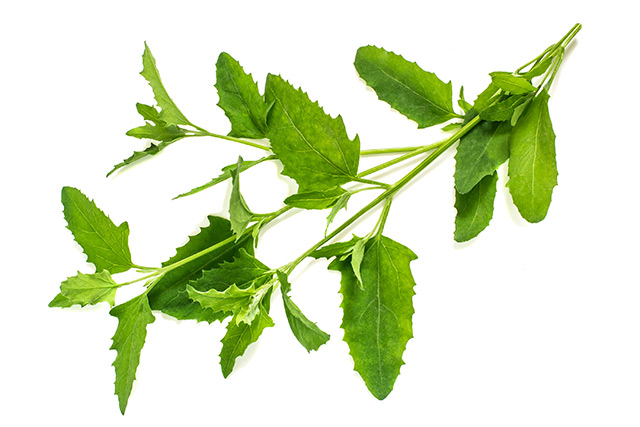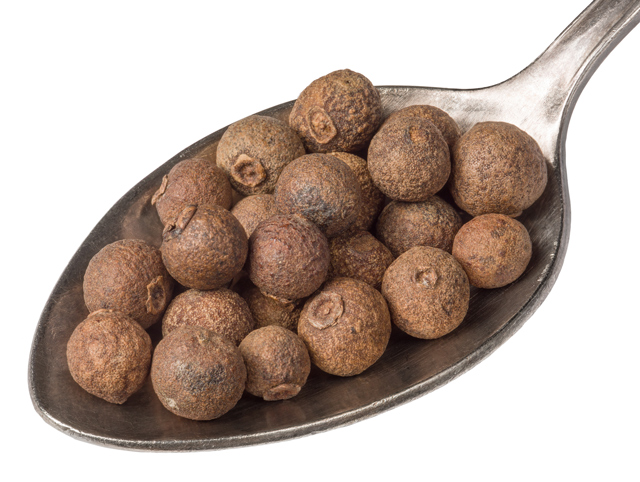A unique, targeted probiotic can prevent gum and mouth problems, improving general health
05/21/2019 / By Edsel Cook

Large numbers of harmful bacteria in the mouth cause various health problems in the gums and teeth. Instead of using chemical toothpaste and mouthwashes that will further harm the sensitive tissue in the mouth, taking a beneficial probiotic accomplishes the job of killing the harmful bacteria more naturally.
The mouth serves as the gateway into the human body. Its health affects the overall health of a person. If the mouth suffers health problems, it weakens the immune system and leaves the rest of the body unprotected from diseases.
An excessive amount of harmful bacteria in the mouth leads to the onset of periodontal disease. When they spread from the mouth, the disease-causing bacteria can also cause bone diseases and heart disease, disrupt the healthy functions of the kidneys and liver, and even cause damage to the brain.
Periodontal disease and other dental problems are widespread in the Western world due to the unhealthy levels of carbohydrates and sugars found in the Western diet. Close to 96 percent of all adults over the age of 64 suffer from cavities. One out of every five patients also display signs of tooth decay that go untreated. (Related: Why lemons are a cheap but effective way to maintain good oral hygiene.)
Bad oral health can open the door for other diseases to infect the human body
More than 70 percent of those older adults also suffer from periodontal disease. The gum disease can develop into advanced periodontitis, which undermines the strength of the bones and causes the loss of the tooth.
Periodontal disease also triggers inflammation in the mouth. Although inflammation is a natural immune response, excessive inflammation can lead to ailments. Swelling in the brain is linked to Alzheimer’s disease and other forms of dementia. Likewise, pulmonary diseases are associated with inflammatory episodes in the pulmonary system.
An imbalance in the oral microbiome plays a vital role in the onset of mouth diseases. The microbiome is made up of various populations of microorganisms whose interaction protect and support the gums, mucus membranes, and the surface of teeth.
When the harmful bacteria in the mouth outnumber the good microbes, oral health begins to suffer. An imbalanced oral microbiome produces unhealthy levels of acid, triggers inflammation, and causes periodontal disease and other mouth diseases.
Taking a targeted probiotic can restore oral health and prevent mouth diseases
Probiotic therapy promises to restore oral health and prevent the onset of gum and mouth diseases. Experiments showed that taking the S. salivarius M18 strain of good bacteria as a probiotic supplement can keep populations of harmful bacteria under control or out of the mouth. The probiotic can also encourage the growth of other good bacteria that assist the healthy functions of gums and teeth.
Studies like the one held by Lawson Health Research Institute researchers in 2013 showed that S. salivarius M18 probiotic treatment significantly reduces the accumulation of plaque, decreases the amount of bleeding in the gums, and stops pockets from appearing between the gums and the roots of the teeth. The therapy also prevents the appearance of gingivitis, periodontal disease, and bad breath.
S. salivarius M18 produces an enzyme that pry biofilms off the surfaces found inside the mouth. It then melts those biofilms, removing the unhealthy environment that encourages the growth of disease-causing bacteria.
Other probiotic strains help control populations of harmful bacteria. They prevent oral diseases by taking out the root of those illnesses and encouraging the faster activation of the immune system.
Probiotic treatment also improves the health of other areas of the body. Its effects can be reinforced by eating cranberries and other healthy foods that also support oral health.
Sources include:
Tagged Under: alternative medicine, gums, mouth, natural cures, natural medicine, oral disease, oral health, oral hygiene, periodontal disease, periodontitis, probiotic therapy, probiotics, remedies
RECENT NEWS & ARTICLES
FoodCures.News is a fact-based public education website published by Food Cures News Features, LLC.
All content copyright © 2018 by Food Cures News Features, LLC.
Contact Us with Tips or Corrections
All trademarks, registered trademarks and servicemarks mentioned on this site are the property of their respective owners.



















